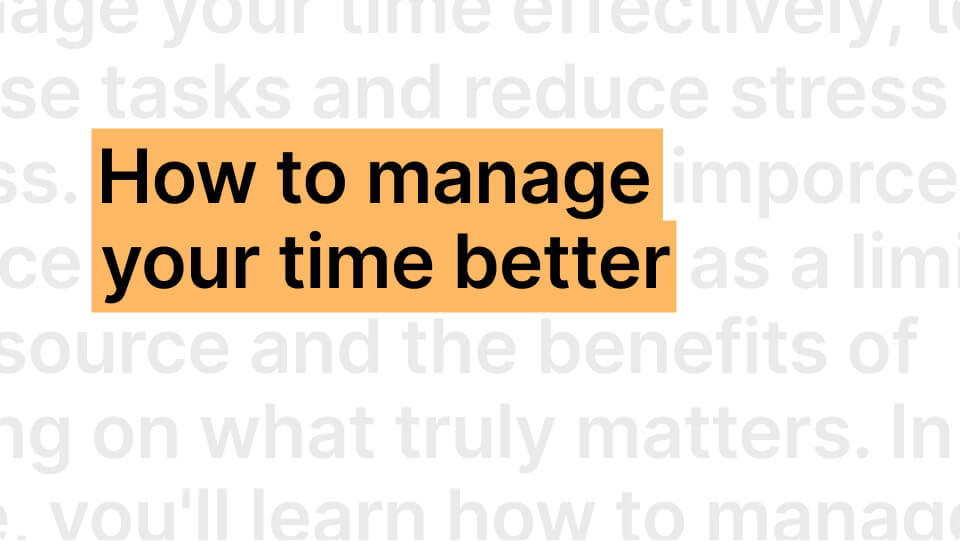A Guide To Detecting Malware
Discover the importance of detecting, preventing, and reporting malware for uninterrupted growth and trust. Stay proactive and keep your digital domain malware-free.
This project update template features:
Video script
Hey everyone! It's Jordan, your Head of Cybersecurity, here to shed some light on the dark world of malware. Our company has already installed antivirus and anti-malware software on your devices, but it's still essential to be vigilant. Let's dive in and learn how to keep our digital domain safe from these pesky invaders and understand why it's crucial for our business growth and future! By the end of this session, you’ll be armed to face dubious email links and dodgy pop-ups faster than you can say, ‘malware’!
Malware, short for 'malicious software,' is designed to infiltrate, damage, or steal data from your devices. From viruses and worms to ransomware and spyware, malware comes in many forms, but its goal is always the same: to cause harm.
Detecting and preventing malware is vital for our business because:
- Downtime
Malware can disrupt business operations, causing costly downtime that can harm productivity and revenue. - Data breaches
Malware can lead to data breaches, jeopardizing sensitive customer and company information, causing irreparable reputational damage and potential legal consequences. - Financial loss
The cost of recovering from a malware attack can be significant, including lost revenue, IT expenses, and potential fines or lawsuits. - Trust
A strong security posture helps build trust with customers, partners, and stakeholders, ensuring our commitment to safeguarding their data. - Innovation
A secure environment allows our business to innovate and grow without fear of compromise or setbacks due to malware attacks.
Now, let's learn how to identify suspected malware and report it.
Detecting malware can be tricky, but there are some red flags to look out for:
- Slower device performance.
- Unusual pop-ups or ads.
- Unexplained changes to settings or files.
- Unexpected crashes or freezes.
If you notice any of these signs, it's possible your device has been compromised, despite the installed security software.
In the unfortunate event you suspect a malware attack, follow these steps:
- Disconnect your device from the internet to prevent further damage.
- Run a thorough scan with your installed security software.
- Report the issue to the Security team immediately.
Remember, staying vigilant and proactive in the fight against malware is crucial to keeping our digital world safe and enabling our business to thrive. Thanks for watching, and may your devices remain malware-free!
FAQs



.webp)




